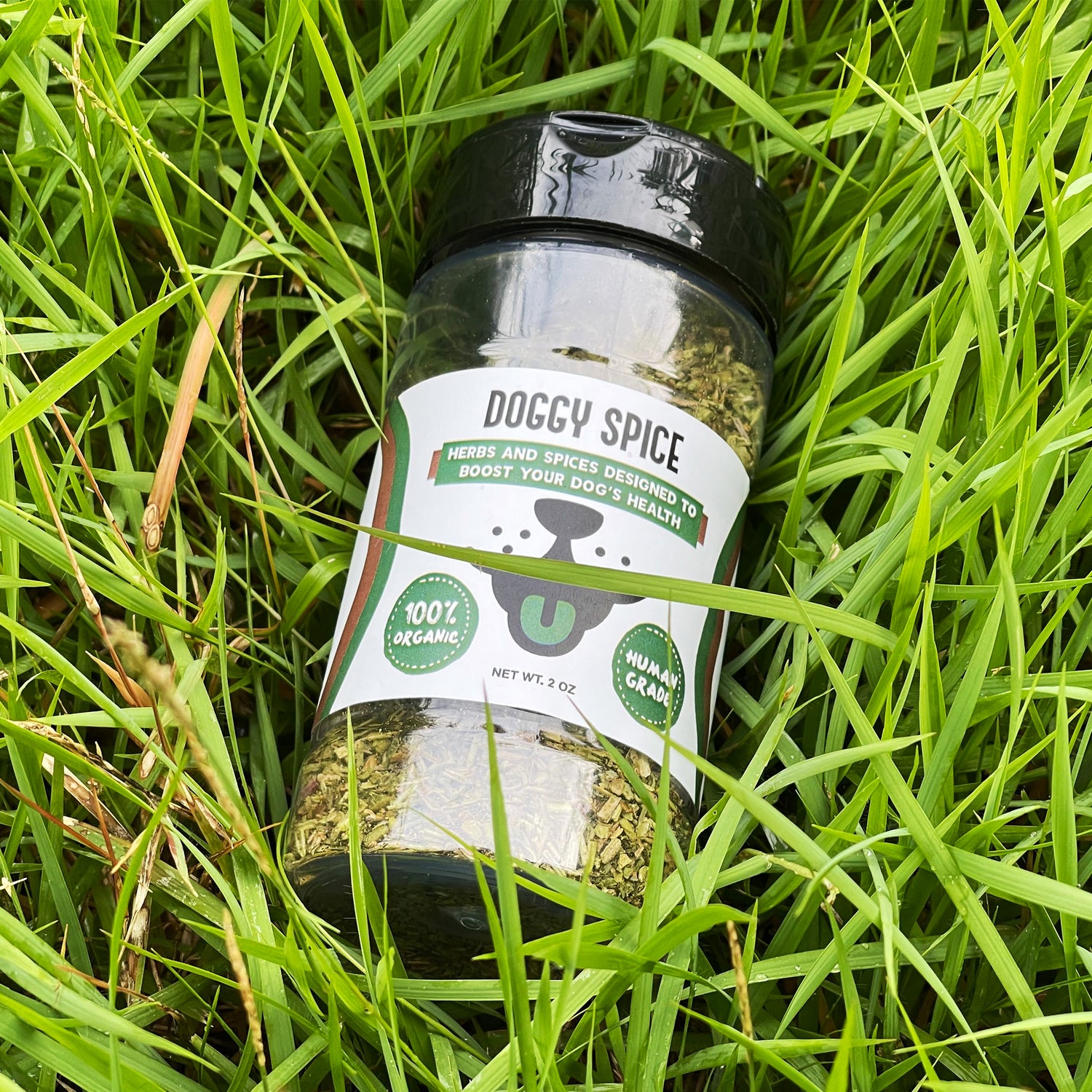
Can Dogs Eat Apples? Nutritional Benefits and Serving Ideas 🍏🐾
Share
Introduction
Apples are a favorite snack among humans, but can they be just as enjoyable and healthy for our canine companions? 🍏 While apples offer a mix of sweetness and crunch that many dogs find appealing, it’s essential to understand both the benefits and the best ways to serve this fruit safely to your pet.
In this article, we’ll uncover the nutritional perks of apples for dogs, tips for safe preparation, creative ways to serve apples, and essential guidelines to keep apple treats healthy and fun for your dog.
Nutritional Benefits of Apples for Dogs
Apples are not only tasty but packed with nutrients that can support your dog’s health. Here’s a closer look at what makes apples a potential canine super-snack:
Vitamins 🍎
Apples are rich in Vitamin A and C, both essential for dogs. Vitamin A is known to support skin health and vision, while Vitamin C can help with immune function, supporting your pet’s ability to fight infections and maintain overall health.
Fiber 🌱
The fiber in apples aids in digestion, helping to regulate bowel movements and potentially easing issues like constipation. Fiber can be especially beneficial for dogs on low-fiber diets, as a little apple can offer a gentle boost to their gut health.
Antioxidants 🛡️
Apples are high in antioxidants, which help to combat oxidative stress and reduce cell damage caused by free radicals. Antioxidants can play a role in maintaining a dog’s immune system and may even support a healthier aging process.
"While apples can offer health benefits for dogs in moderation, it’s crucial to avoid seeds and serve them in appropriate portions," says Dr. Sarah Stevens, DVM. "Apples provide fiber, vitamins, and antioxidants that support canine health, especially in aging dogs."
How to Safely Feed Apples to Your Dog
Not all parts of the apple are safe for dogs, so here’s how to prepare apples to ensure your dog enjoys them safely:
Preparation 🧽
- Always wash apples thoroughly to remove any pesticides or wax coatings, even if they’re organic.
- Core the apple, remove the seeds, and cut it into bite-sized pieces.
- Apple seeds contain a compound that releases cyanide when chewed, which can be toxic in large quantities.
Portion Control 🥄
- A few slices for a medium to large dog or a single slice for small dogs is usually a safe serving size.
- Too much apple can lead to digestive upset, so stick to moderation.
- If your dog has never tried apples before, start with a small piece to ensure they tolerate it well.
Creative Serving Ideas for Apples for Dogs
Ready to treat your dog to apples in new and exciting ways? Here are some creative serving ideas to keep things interesting:
Raw Apple Slices 🍏
Simple and classic, raw apple slices are easy to prepare and make for a crunchy snack that most dogs love.
Apple Puree 🥄
Puree apples in a blender to create a smooth apple sauce that you can add to your dog’s meals. Just ensure there are no added sugars or artificial ingredients, as plain apple puree is best for them.
Frozen Apple Treats ❄️
Freeze apple slices for a cooling treat on warm days. You can even blend apple pieces with water or a bit of plain yogurt and pour the mixture into molds before freezing for a refreshing, hydrating snack.
Apple and Peanut Butter Bites 🥜
Add a small amount of peanut butter (make sure it’s xylitol-free!) to an apple slice for an extra-special reward. Most dogs find the combination irresistible, and it’s an easy way to add protein.
Dogs and Apples Frequently Asked Questions (FAQ)
Here’s a quick guide to some frequently asked questions from pet parents curious about serving apples:
Can dogs eat apple seeds❓
No, apple seeds contain amygdalin, a compound that releases cyanide, which is harmful to dogs. Be sure to remove all seeds before offering apple slices to your dog.
How many apples can I give my dog❓
Portion control is key. A few slices are generally safe, but adjust based on your dog’s size and dietary needs. Monitor for any signs of digestive upset if it’s their first time trying apples.
Are there any dogs that shouldn’t eat apples❓
While apples are safe for most dogs, those with digestive sensitivities or conditions like diabetes may need to avoid fruit high in sugar. Always consult with a vet if your dog has specific dietary restrictions.
Can apples help with dog dental health❓ 🦷
Apples are somewhat crunchy, which can aid in gently scraping off minor plaque buildup. However, they’re not a replacement for regular dental care.
What other fruits are safe for dogs❓🍌
Many fruits, like blueberries, bananas, and watermelon, can be safe and beneficial for dogs. Just avoid grapes, cherries, and raisins, which are toxic. Read our suggestion of the 10 Best Fruits and Vegetables for Dogs.
Top Herbs and Spices to Keep Your Dog Healthy All Year 🌿
- Cleavers (Galium Aparine) - Supports lymphatic health
- Rosemary- Antioxidant-rich
- Dandelion Greens - Provides vitamins A, C, and K
- Basil - Calming properties
- Peppermint - Aids digestion
- Celery Seeds - Anti-inflammatory benefits
- Dill - Rich in antioxidants
- Oregano - Immune-supporting
- Parsley - Supports fresh breath
- Thyme - Immune booster
- Ginger - Soothes stomachs
- Tumeric - Anti-inflammatory properties
These herbs and spices can easily be incorporated into your dog’s meals with Doggy Spice to promote overall well-being. 🌱
Conclusion
Apples can be a tasty, nutritious treat for dogs when served safely and in moderation. Rich in vitamins, fiber, and antioxidants, they can support digestion, immune health, and even dental health to an extent. Offering your dog a few apple slices or one of the fun serving ideas mentioned can be a great way to add variety to their treats while giving them a boost of natural nutrients.
For a well-rounded approach to canine health, incorporating Doggy Spice’s blend of immune-supporting herbs is another great way to help your furry friend thrive. 🍏🐕
Adding apples to your dog’s treat repertoire not only enhances their diet but also offers new textures and flavors to keep them happy and engaged.
References
Animal Nutrition Experts. (2023). Nutritional Value of Apples for Dogs. Canine Health Journal.
Dr. Sarah Stevens, DVM. (2023). Safe Serving Practices for Apples and Other Fruits for Pets.
Veterinary Nutrition Association. (2023). The Role of Fiber and Antioxidants in Canine Health.

